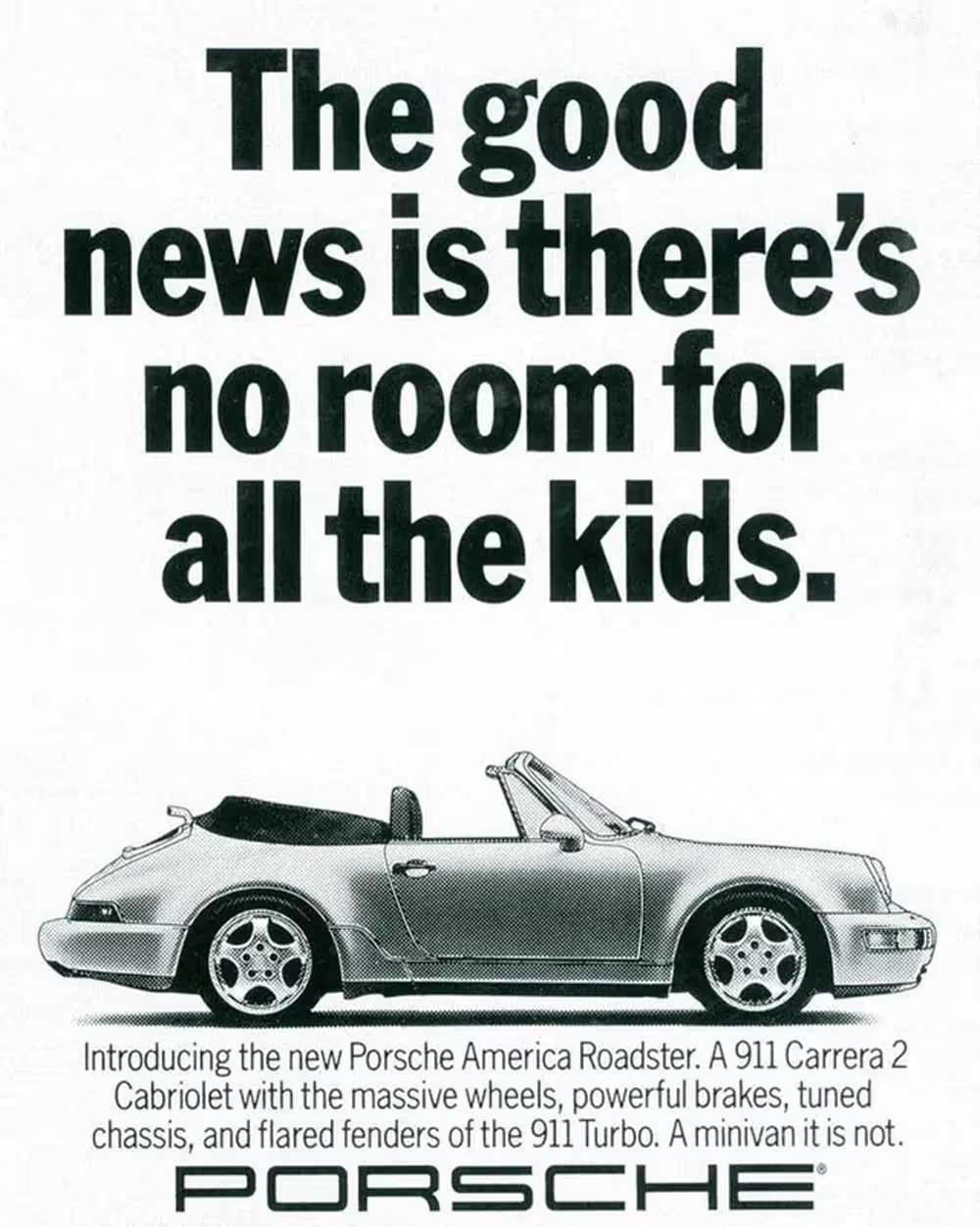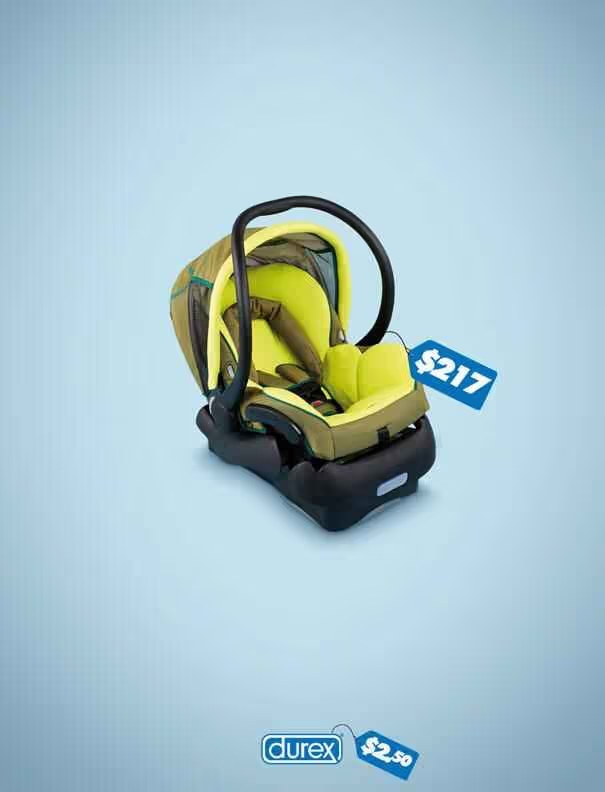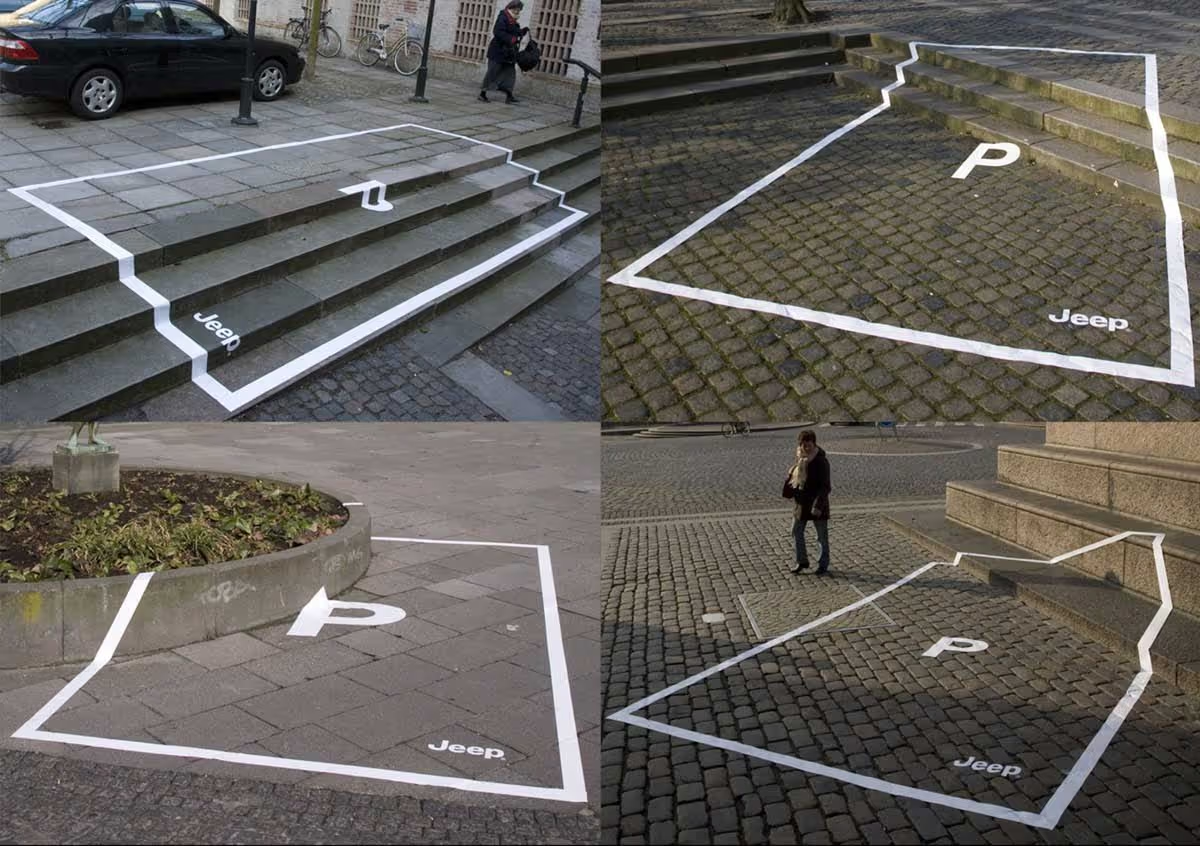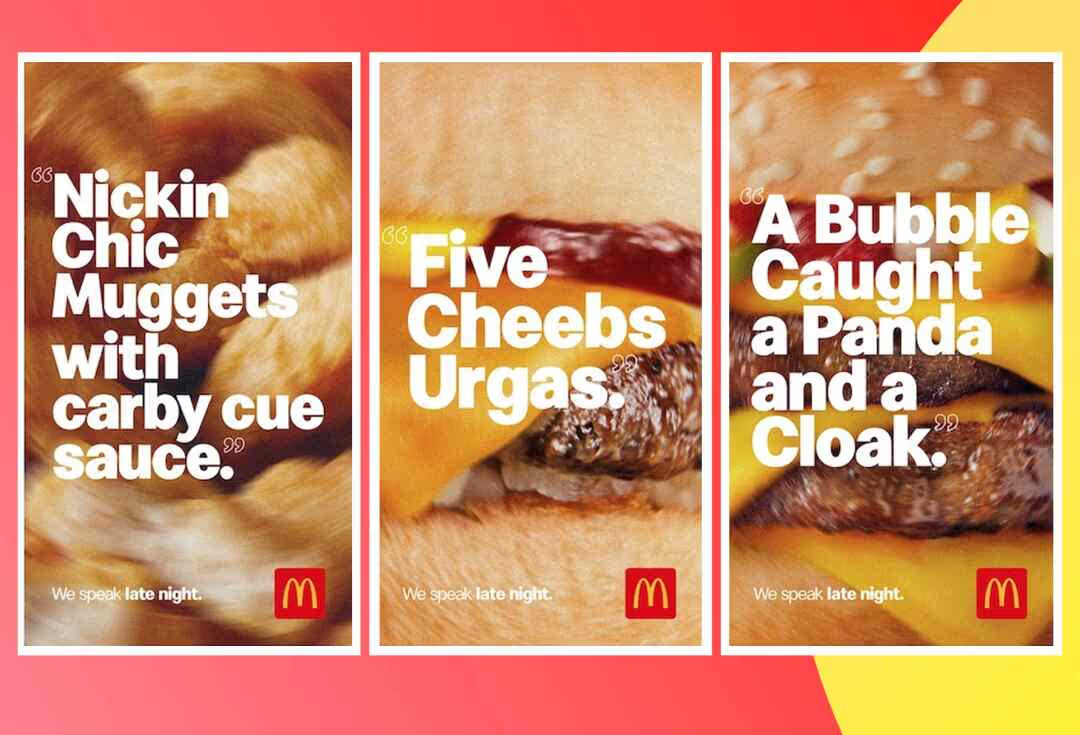
Conversation

🥳 Feedback Received!
Thanks for taking a moment to share your thoughts — it genuinely helps us make each chapter sharper.
What happens next:
- Your feedback goes straight to our product team.
- We’ll use it to refine lessons, clarify examples, and make the program even more useful.
Appreciate you helping make this program better for everyone.
Ready for your next challenge? 👇
The Benefit of the Benefit
It’s a hot day. Your kids bounce off the walls, and you scroll Instagram to de-stress.
You’re hit with an ad for a Springfree trampoline. The ad shows kids double bouncing each other into the air and off the enclosed walls.
Your eyes gloss over, and you start to scroll past.
And then the ad says:
“They’ll be distracted for hours while you lounge peacefully inside.”
You perk up. Now you’re interested.
Finally, a way to get some peace and quiet.
When someone buys a trampoline, what they're really buying is peace.
Find the benefit of the benefit
When you write copy to sell your product, sometimes it’s helpful to look at the “benefit of a benefit.”
Note: this is more obvious when the buyer is different than the user, but that's not a requirement. Use this exercise to uncover clever ways to pitch your product.
Step 1:
Write a list of your product’s benefits AND its downsides.
You’ll see why in a second.
Step 2:
Analyze each and ask, “what’s a unexpected / obvious / helpful / interesting / funny / convenient / comforting / amazing / wild / beautiful / exciting / weird… benefit of this benefit/downside?”
In other words, what’s a second-order benefit of that benefit/downside?
It can either be directly for the user (kids on a trampoline) or for the real buyer/user (relaxed parent).
A bunch of examples:
Trampoline → fun for multiple kids → parents get some time off
Sports car → no back seats (drawback) → no room for kids (there's a theme here)

Dog bed → dog will have a place to sleep → he won’t sleep in your bed

Electric car → no visiting gas stations → not caring when gas prices go up → not
Durex → no unexpected pregnancies → no kids stuff (Durex = cheaper than baby)

Jeep → amazing off road vehicle → can park anywhere

McDonald’s → open 24/7 → only food available on a late party night → good at interpreting drunk people (note this is a benefit of a benefit of a benefit).

You get the point.
Do this simple exercise the next time you write copy for your site, an ad, an email, or a piece of content. List all the benefits and downsides of your product. Then find the second (or third) order benefit of each.
A lot will be rubbish. But you might strike gold.
Shoutout to Dan Nelken’s great book, A Self-Help Guide for Copywriters, for this concept.


